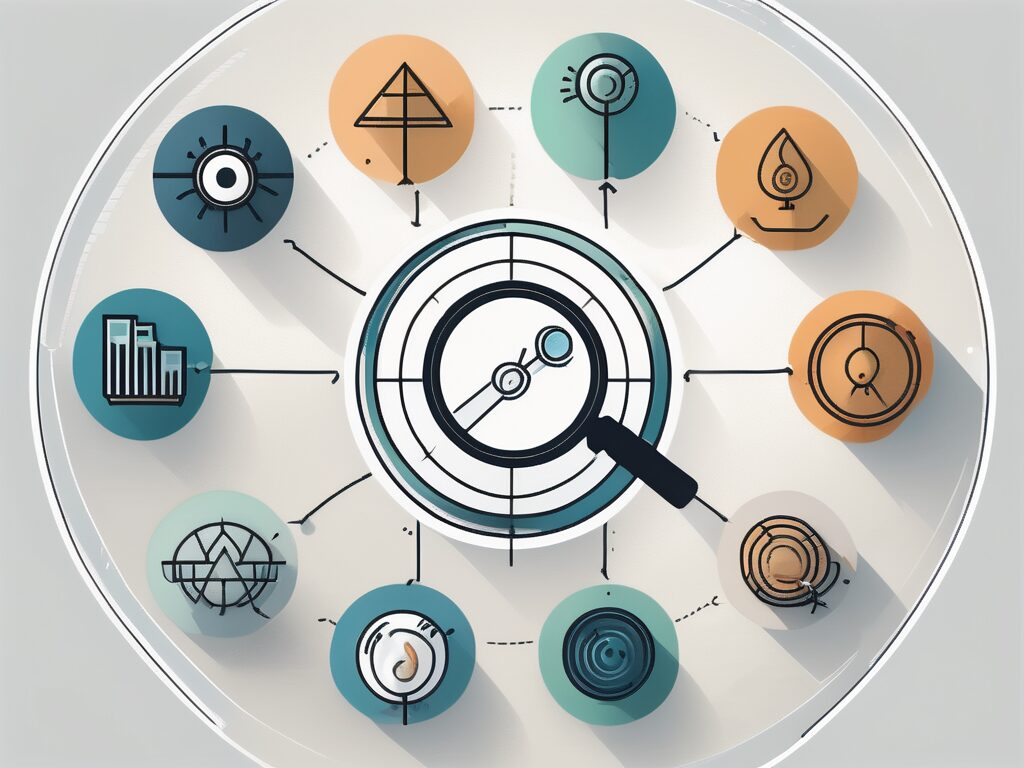The International Postgraduate Certificate in Education (IPGCE) is a globally recognised qualification that equips individuals with the skills and knowledge necessary to excel in the field of education. The IPGCE focuses on nine key teaching competencies, each designed to enhance a teacher’s abilities and ensure they can deliver high-quality education to their students. In this blog post, we will delve into these nine competencies, exploring their importance and how they can be developed.
1. Subject Knowledge
First and foremost, a teacher must have a comprehensive understanding of their subject. This goes beyond simply knowing the curriculum; it involves understanding the broader context of the subject, its real-world applications, and how it interlinks with other areas of study. For example, a history teacher should not only be familiar with key historical events, but also understand their socio-political implications and how they have shaped the world we live in today.
Developing subject knowledge can be achieved through continuous learning. This could involve attending workshops, reading relevant literature, or even pursuing further qualifications in the subject. Remember, teaching is a journey, not a destination, and there is always more to learn.
2. Pedagogical Knowledge
Pedagogical knowledge refers to understanding how learning occurs. It involves knowing various teaching strategies and techniques, and being able to apply them effectively in the classroom. For instance, some students may learn better through visual aids, while others may prefer a more hands-on approach.
Teachers can enhance their pedagogical knowledge through professional development courses, peer observations, and reflective practice. It’s akin to a chef knowing not just the ingredients of a dish, but also the best methods to combine them to create a culinary masterpiece.
3. Classroom Management
Classroom management is a crucial competency that ensures a conducive learning environment. It involves setting clear expectations, maintaining discipline, and managing conflicts effectively. Think of it as being the conductor of an orchestra, ensuring each section comes in at the right time and at the right volume to create a harmonious symphony.
Classroom management skills can be honed through experience, mentorship, and professional development. It’s also important to stay adaptable, as what works for one class might not work for another.
4. Assessment and Evaluation
Assessment and evaluation are key to understanding a student’s progress and identifying areas for improvement. This competency is not just about grading assignments, but also about providing constructive feedback that can guide a student’s learning.
Like a doctor diagnosing a patient, teachers need to be able to accurately assess a student’s strengths and weaknesses, and prescribe the right ‘treatment’ to help them improve. This skill can be developed through training, practice, and staying up-to-date with the latest assessment techniques.
5. Inclusive Teaching
Inclusive teaching is about ensuring that all students, regardless of their background or abilities, have equal opportunities to learn. This involves adapting teaching methods to cater to different learning needs and promoting a culture of respect and diversity in the classroom.
Developing this competency is like growing a garden; it requires patience, care, and a willingness to adapt to the needs of different plants. Teachers can enhance their inclusive teaching skills through professional development, self-reflection, and seeking feedback from students and colleagues.
6. Professionalism
Professionalism in teaching involves maintaining ethical standards, respecting confidentiality, and demonstrating a commitment to continuous learning. It’s about being a role model for students, much like a captain steering a ship through stormy seas with calm and confidence.
Professionalism can be cultivated through self-reflection, mentorship, and adhering to the professional standards set by the teaching profession. It’s a lifelong journey that requires commitment and integrity.
7. Communication
Effective communication is key to successful teaching. This involves not just conveying information clearly, but also listening actively to students and engaging them in meaningful discussions. It’s akin to a two-way street, where information flows freely in both directions.
Communication skills can be improved through practice, feedback, and professional development. It’s also important to be aware of non-verbal communication, such as body language and facial expressions, as they can greatly influence the message being conveyed.
8. Technological Proficiency
In today’s digital age, technological proficiency is a must for teachers. This involves not just knowing how to use technology, but also integrating it effectively into teaching to enhance learning. It’s like a carpenter knowing how to use a variety of tools to build a sturdy and beautiful piece of furniture.
Teachers can improve their technological proficiency through training, self-learning, and experimenting with different technologies. It’s also important to stay updated with the latest educational technologies and trends.
9. Lifelong Learning
The final competency is lifelong learning. As the saying goes, “the best teachers are those who show you where to look, but don’t tell you what to see.” Teachers should instil a love of learning in their students, and this can only be achieved if they themselves are lifelong learners.
Teachers can foster a culture of lifelong learning by staying curious, seeking new knowledge, and embracing change. After all, education is not just about filling a bucket, but lighting a fire.
In conclusion, these nine competencies from the IPGCE provide a comprehensive framework for effective teaching. By developing these competencies, teachers can enhance their abilities and deliver high-quality education that inspires and empowers their students. So, whether you’re a seasoned educator or a budding teacher, remember that teaching is a journey of continuous learning and growth. Happy teaching!
Take the Leap with The IQTS at UWE
Ready to elevate your teaching career to new heights? Join the ranks of educators who are not just meeting but surpassing international standards with The International Qualified Teacher Status (iQTS) Programme at UWE. Embrace the opportunity for professional growth, increased promotion rates, and a significant salary boost. Connect with a global community of professionals, gain a deep understanding of international curricula, and find the perfect balance between work and study. Don’t let the barriers hold you back. Make Your Next Step towards achieving excellence in education. Enroll in the iQTS programme today and transform your teaching journey!

